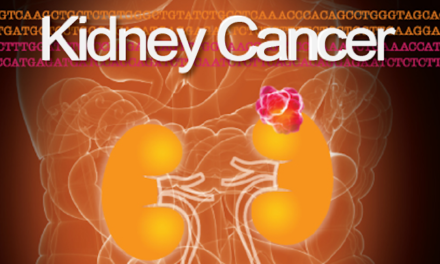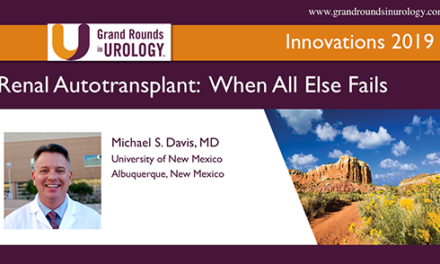
Clinical Activity of Nivolumab in Patients with Non-Clear Cell Renal Cell Carcinoma
Abstract
Nivolumab is approved for patients with metastatic renal cell carcinoma (mRCC) refractory to prior antiangiogenic therapy. The clinical activity of nivolumab in patients with non-clear cell RCC subtypes remains unknown as these patients were excluded from the original nivolumab trials.
Patients from 6 centers in the United States (Cleveland Clinic, Duke, Georgetown, Comprehensive Cancer Centers of Nevada, City of Hope and University of Pittsburgh) who received at least one dose of nivolumab for non-clear cell mRCC between 12/2015 and 06/2017 were identified. A retrospective analysis including patient characteristics, objective response rate according to RECIST v1.1 and treatment-related adverse events (TRAEs) was undertaken. To be considered eligible for response assessment, patients needed to have at least one scan following initiation of nivolumab treatment or to have had clinical progression following initiation of nivolumab as assessed by the treating physician.
Forty-one patients were identified. Median age was 58 years (33-82), 71% were male, and majority had ECOG PS 0 (40%) or 1 (47%). Patient population was 67% Caucasian, 25% African American and 8% Hispanic. Histology included 16 papillary, 14 unclassified, 5 chromophobe, 4 collecting duct, 1 Xp11 translocation and 1 MTSCC (mucinous tubular and spindle cell carcinoma). Most patients had prior nephrectomy (73%) and had received 1 (62%) or 2 (20%) prior systemic therapies, most commonly sunitinib (63%), pazopanib (27%) or axitinib (10%). Among 35 patients evaluable for best response, 7 (20%) had PR and 10 (29%) had SD. No CRs were observed. Responses were observed in unclassified (4), papillary (2) and collecting duct subtypes (1). Among 4 evaluable patients with chromophobe histology, 3 patients had SD although no objective responses were observed. In the entire cohort, median follow-up was 8.5 months and median treatment duration was 3.0 months. Median PFS was 3.5 months and median OS was not reached. Among responders, median time to best response was 5.1 months, and median duration of response was not reached as only 2 of 7 responders had disease progression during follow-up. Four patients were continued on nivolumab treatment beyond radiographic progression. The majority of patients who had disease progression on nivolumab received subsequent systemic treatment (18 of 27 patients). TRAEs of any grade were noted in 37% of patients and most commonly included fatigue (12%), pyrexia (10%), rash (10%) and hypothyroidism (7%). Nivolumab treatments were postponed in 34% and discontinued in 15% of patients due to intolerance. No treatment-related deaths were observed.
Nivolumab monotherapy demonstrated objective responses and was well tolerated in a heterogeneous population of patients with non-clear cell mRCC. In the absence of available prospective data, this study lends support to the use of nivolumab in treatment-refractory patients with metastatic non-clear cell RCC.
Authors: Vadim S. Koshkin | Pedro C. Barata | Tian Zhang | Daniel J. George | Michael B. Atkins | William J. Kelly | Nicholas J. Vogelzang | Sumanta K. Pal | JoAnn Hsu | Leonard J. Appleman | Moshe C. Ornstein | Timothy Gilligan | Petros Grivas | Jorge A. Garcia | Brian I. Rini
Journal: Kidney Cancer, vol. 2, no. s1, pp. I-S50, 2018


